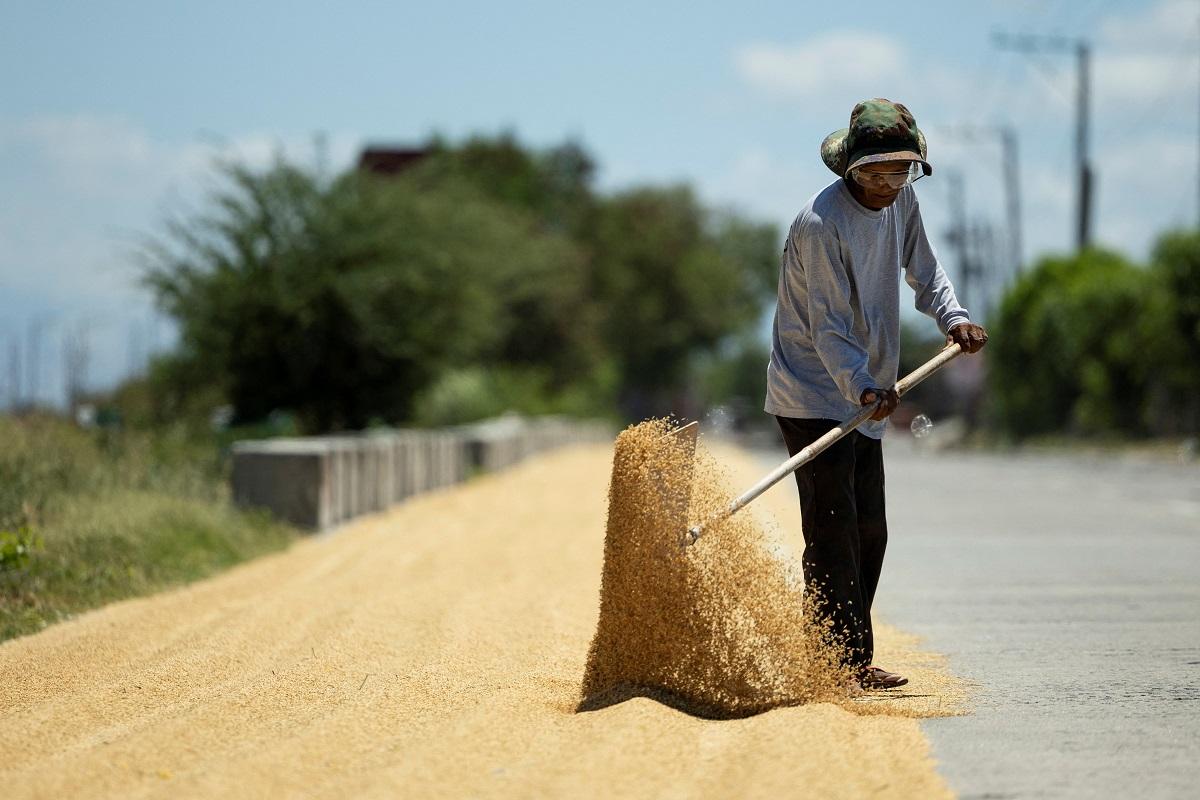DA eyes consultative councils for agri policy reforms

The Department of Agriculture (DA) is planning to establish consultative councils composed of agriculture officials, the private sector, farmers, and other stakeholders for the formulation of agricultural policy reforms.
This was announced Thursday by Agriculture Secretary Francisco Tiu Laurel Jr. at the annual membership meeting of the Philippine Chamber of Agriculture and Food Inc. (PCAFI).
Tiu Laurel said creating consultative councils would ensure a more "inclusive and effective approach" in making policies concerning the country's agriculture sector as well as addressing its challenges, such as climate change and resource degradation.
The councils, the Agriculture chief said, would bring together representatives from the DA, the private sector, farmers, and other key stakeholders to collaborate on the development of policies and strategies that respond directly to the sector's pressing problems.
He added that the creation of such councils forms part of DA's broader vision to foster stronger partnerships and enhance stakeholder participation in decision-making.
"Only through strong partnerships and dedicated collaboration can we effectively tackle challenges and transform them into opportunities," Tiu Laurel said.
He said that by actively involving farmers, fisherfolk, industry leaders, and local government units in the policy-making process, the DA aims to create more effective, targeted solutions that reflect the needs and realities on the ground.
The councils will also help streamline the consultative planning process, ensuring that feedback from all sectors is incorporated into decision-making.
"This will enable the DA to develop more science-based and responsive policies that address the evolving needs of agriculture and fisheries," he said.
The Agriculture chief said the establishment of consultative councils is a crucial part of the department's four-year plan, which aims to modernize agriculture, increase production, and improve food accessibility.
"Agriculture remains a cornerstone of the Philippine economy, but the sector faces significant challenges, such as climate change, resource degradation, and socioeconomic pressures. Food security continues to be an urgent concern, both globally and locally," Tiu Laurel said.
He added that public and private sector collaboration is crucial in making agriculture "bankable" and "cool" to the future generation of farmers. — VDV, GMA Integrated News




